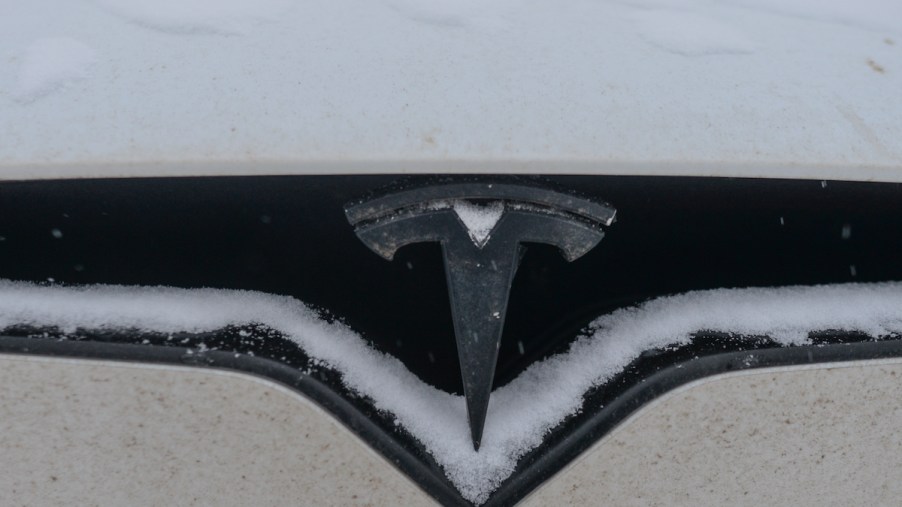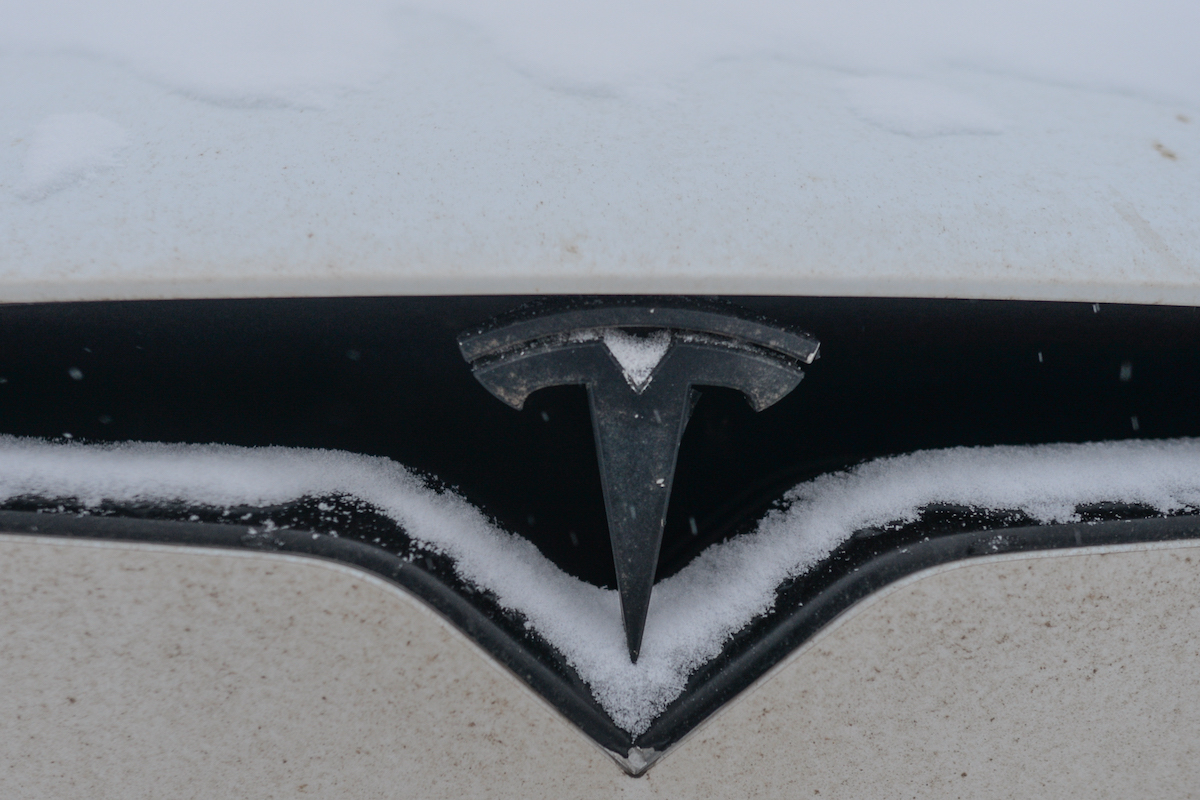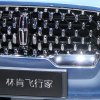
Recall Alert: Tesla Owners Stuck Without Heat in Dead of Winter
Whether you love the idea of lowering your carbon footprint or hope to avoid paying high gas prices, Tesla makes cars many people wish they had in their driveway. Unfortunately, it’s not all sunshine for many who own one of these EVs. That’s because a bone-chilling problem has prompted a recall on some Tesla models. The issue has left owners stuck without heat in the dead of winter.
A Tesla software glitch leaves owners in the cold

Over 26,000 Tesla vehicles released in 2021 and 2022 are experiencing heating issues. Not only do they lack cabin heat, but the vehicle might also not have an effective defroster. Error messages about limited or unavailable heating and air conditioning can show on the user interface.
Because electric vehicles often use heat pumps to keep the heat flowing, which is then pushed by a blower motor, the electronic expansion valve (EXV) is the first place to look for issues when things cool down. The problem prompted Tesla to investigate the situation.
The automaker found the culprit: faulty software. According to Consumer Reports, the glitch causes a valve in the heat pump to remain open while leaving the blower operational.
The software should work in frigid temperatures while using less energy than traditional heating methods. The hope was that it wouldn’t deplete the EV’s range as much as other heating methods. That sounds great, but when temperatures drop to 14 degrees F, as they have this winter in some regions, this heating option isn’t ideal.
The EV maker says help is on the way
The affected models include the Model S, Model 3, Model X, and Model Y. That includes SUVs and sedans with firmware release versions 2021.44 through 2021.44.30.6.
Those versions might allow the heat pump to remain open if interrupted. Though it should repair itself when communication returns, repeated issues might cause refrigerant to become trapped in the evaporator.
Luckily, Tesla says this recall doesn’t require owners to take their cars to the nearest dealership. Instead, the EV maker has released a firmware update that should fix the problem.
Therefore, owners with this issue should install version 2021.44.30.7 or later. They need to do it through an over-the-air update.
How to contact Tesla for help with the recall
If you have questions about your vehicle, call Tesla at 877-798-3752. Be sure to say you’re calling regarding recall number SB-22-18-002.
Alternatively, you can visit the National Highway Traffic Safety Administration’s website to learn if your EV has recalls on it beyond heating and defrosters. You must provide your 17-digit vehicle identification number (VIN). If no recalls are listed, you do not have to worry about recalls on your vehicle at this time.
However, check back often on the NHTSA website to look for recalls on your EV because Tesla mentions several. They include the trunk lid harness, embedded multimedia card (eMMC) problems, safety updates, and seat belt issues.
Tesla recalls do not mean you should avoid these EVs. Virtually all vehicles have had recalls.
Luckily, this chilly Tesla problem is easily solved.


